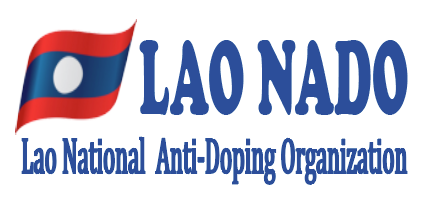Inadvertent doping occurs when an athlete unintentionally uses prohibited substance(s) and consequently returns with a positive doping test result.
According to the “World Anti-Doping Code”, athlete is responsible for any prohibited substance found in his or her body, no matter if the prohibited substance is used intentionally or not.
Possible Causes
1. Medication
- Prescription medicine may contain prohibited substance(s). If a doctor is not informed that the patient is an athlete, prohibited substance(s) could be prescribed for therapeutic purpose leading to inadvertent doping.
- Over-the-counter medicine (e.g. medicine for cough and cold) may also contain prohibited substance(s). If an athlete self-purchases and uses medicine without checking the ingredients, this could also lead to inadvertent doping.
- In addition to oral medicine, inhaler, spray and medicine for external use such as topical cream may contain prohibited substance(s).
Precautions:
- During medical consultation, show the “Letter to Doctor” and the latest “Prohibited List”, inform the doctor that you are an athlete subjected to doping tests and must not be prescribed with any prohibited substances/prohibited methods.
- Check the prohibition status of medicine registered in at Gobal DRO before use.
- If prohibited substances/prohibited methods are required for treatment, the athlete must apply for a Therapeutic Use Exemption (TUE)
2. Supplements
- The production and labelling of supplements are not strictly regulated. Supplements may contain prohibited substance(s) due to contamination or inaccurate labelling. Athlete consuming them may result in inadvertent doping.
- High-risk products include but not limited to supplements for muscle-gaining, weight-loss and sexual enhancement.
3. Herbal Medicine
- Due to the vast variety of herbs and the extensive, non-standardized ways of production and preparation of herbal medicine, there is no guarantee that herbal medicine (especially those with unknown chemical composition) does not contain or is not contaminated with prohibited substance(s).
Precautions:
- Athlete should seriously assess the need and the potential risks before using supplements or Chinese herbal medicine. Athlete should consider other safer options, such as having an optimized diet, lifestyle and training.
4. Certain Food
- Meat contamination: Although it is banned in many countries, the illicit use of clenbuterol (an anabolic agent prohibited both in- and out-of-competition) in livestock to produce leaner meat may still be in practice in some countries. Athlete should be cautious and avoid eating offal (especially liver) where clenbuterol tends to accumulate. Athlete should also purchase meat and food from reputable stores and restaurants.
- Poppy seeds: Commonly found in cake and bread, poppy seeds may contain a trace amount of morphine (a narcotic prohibited in-competition).


